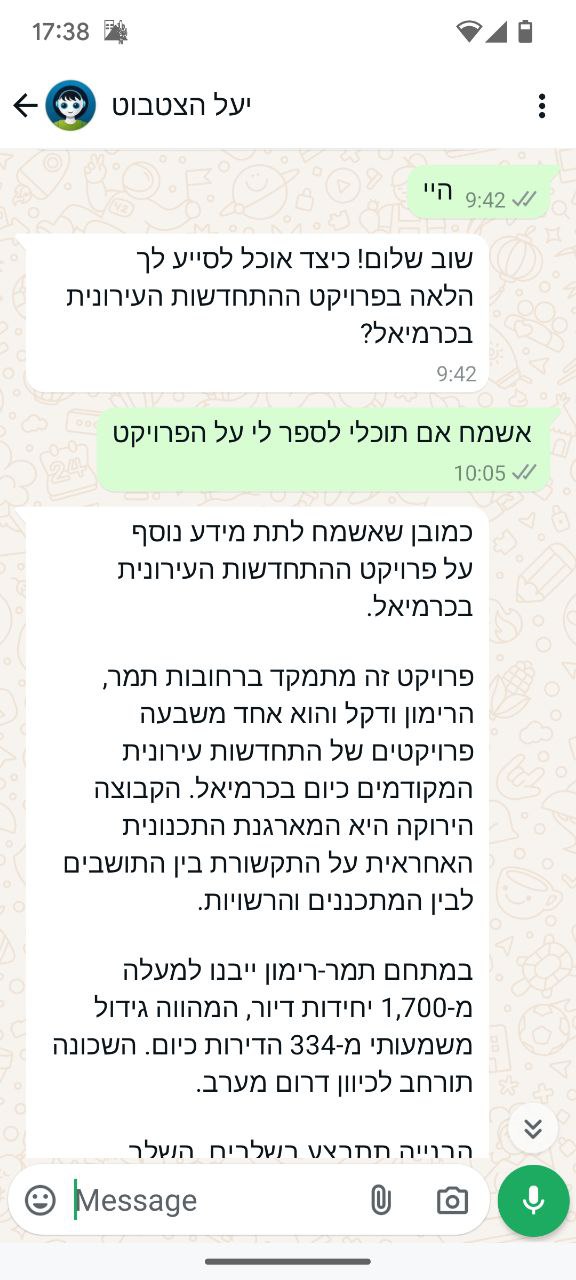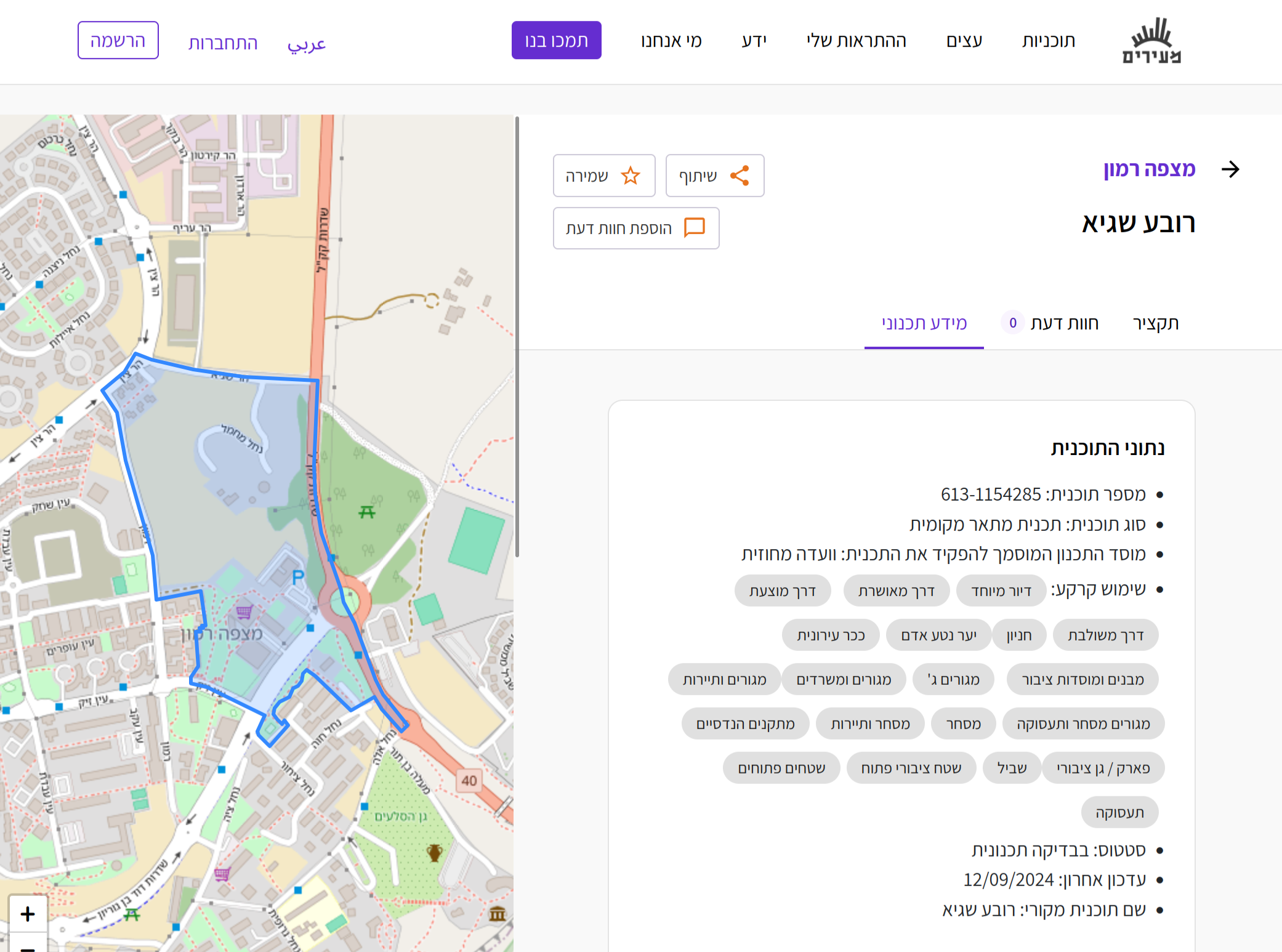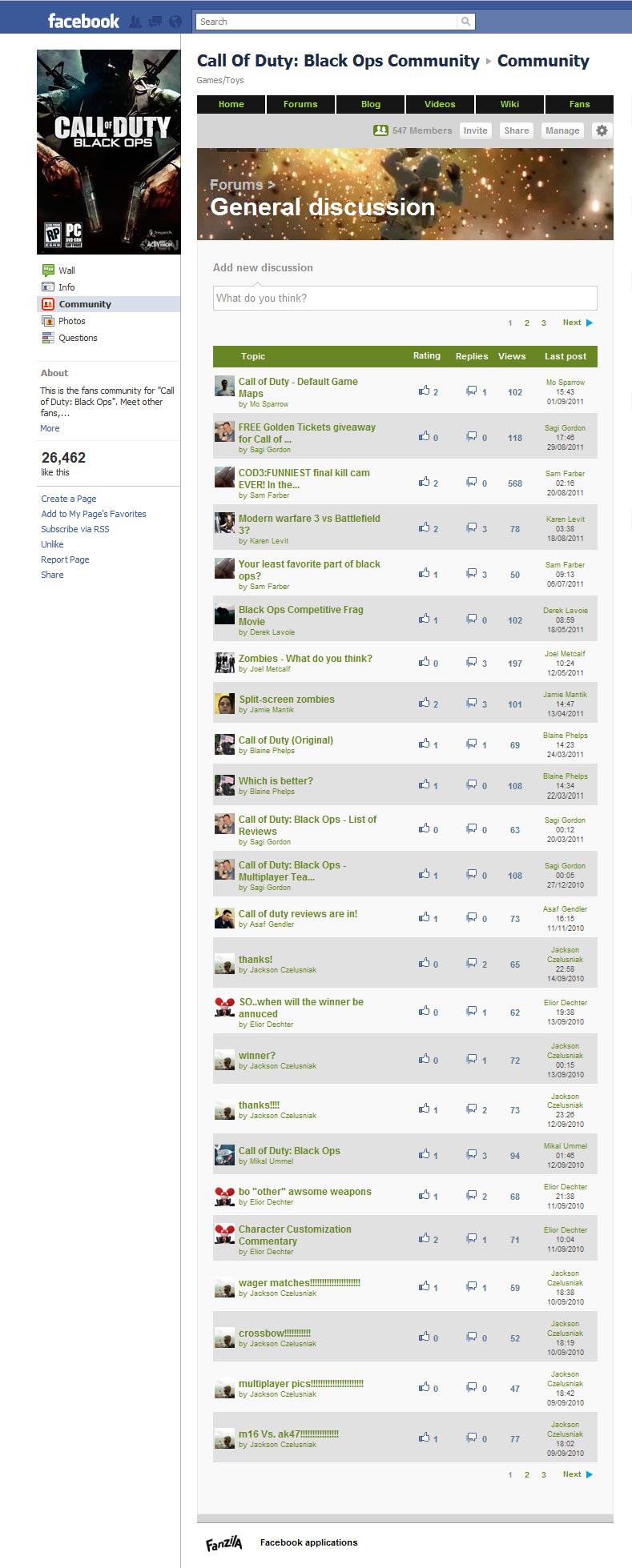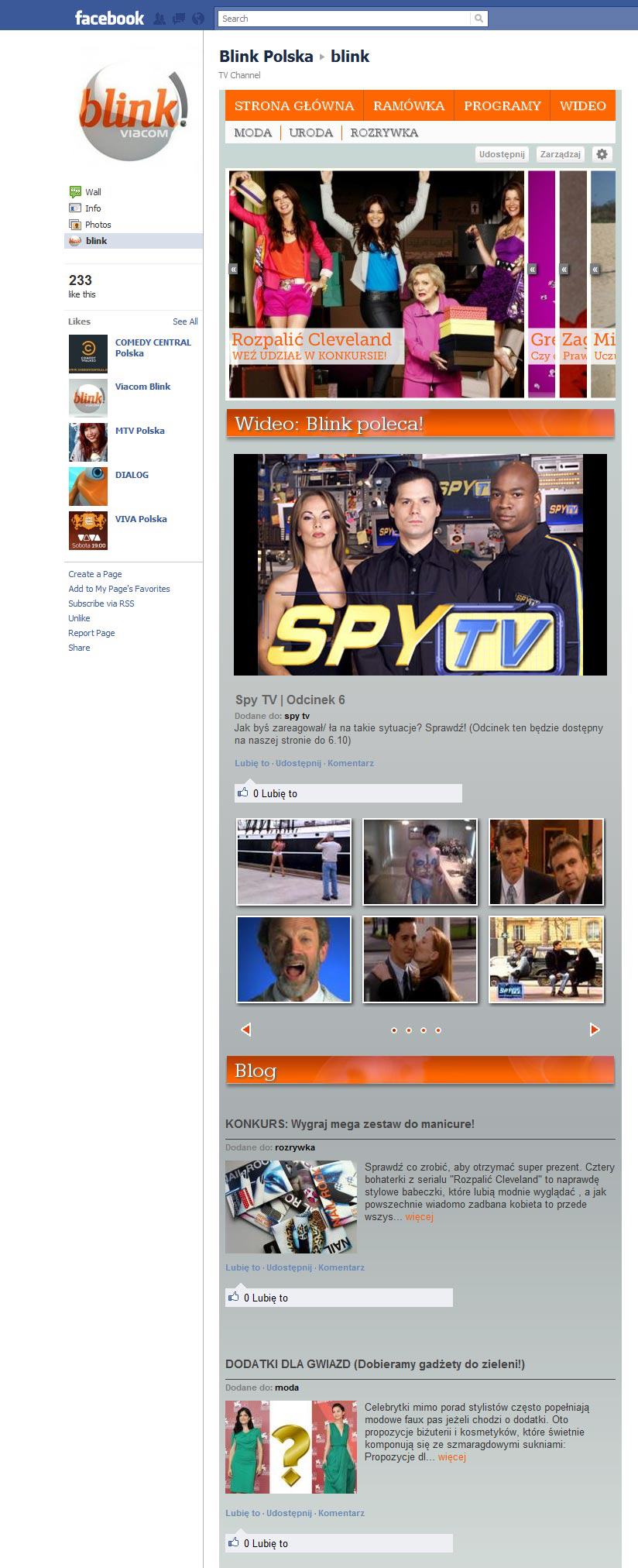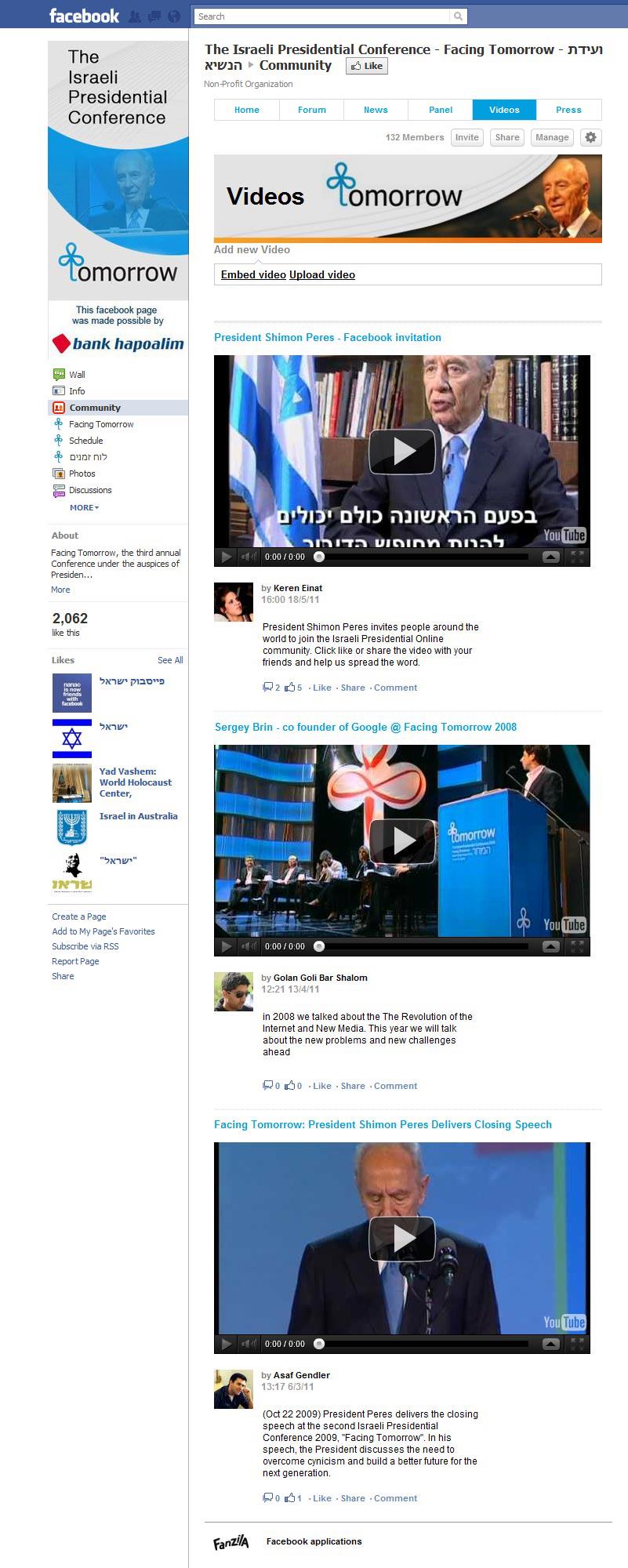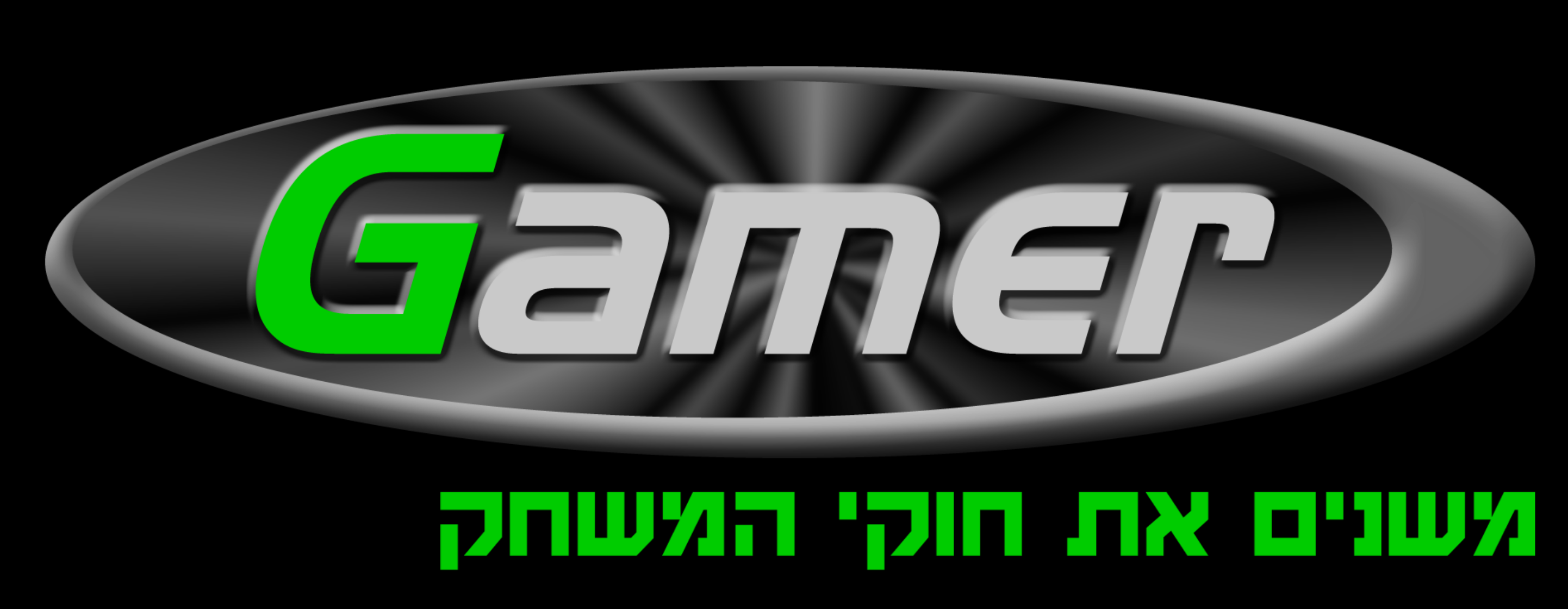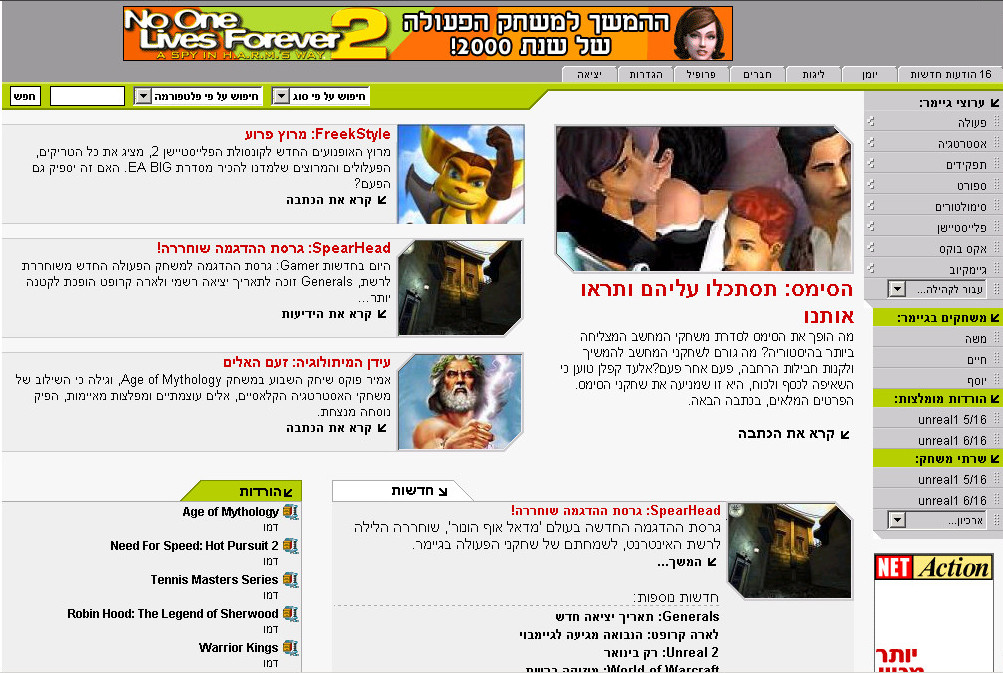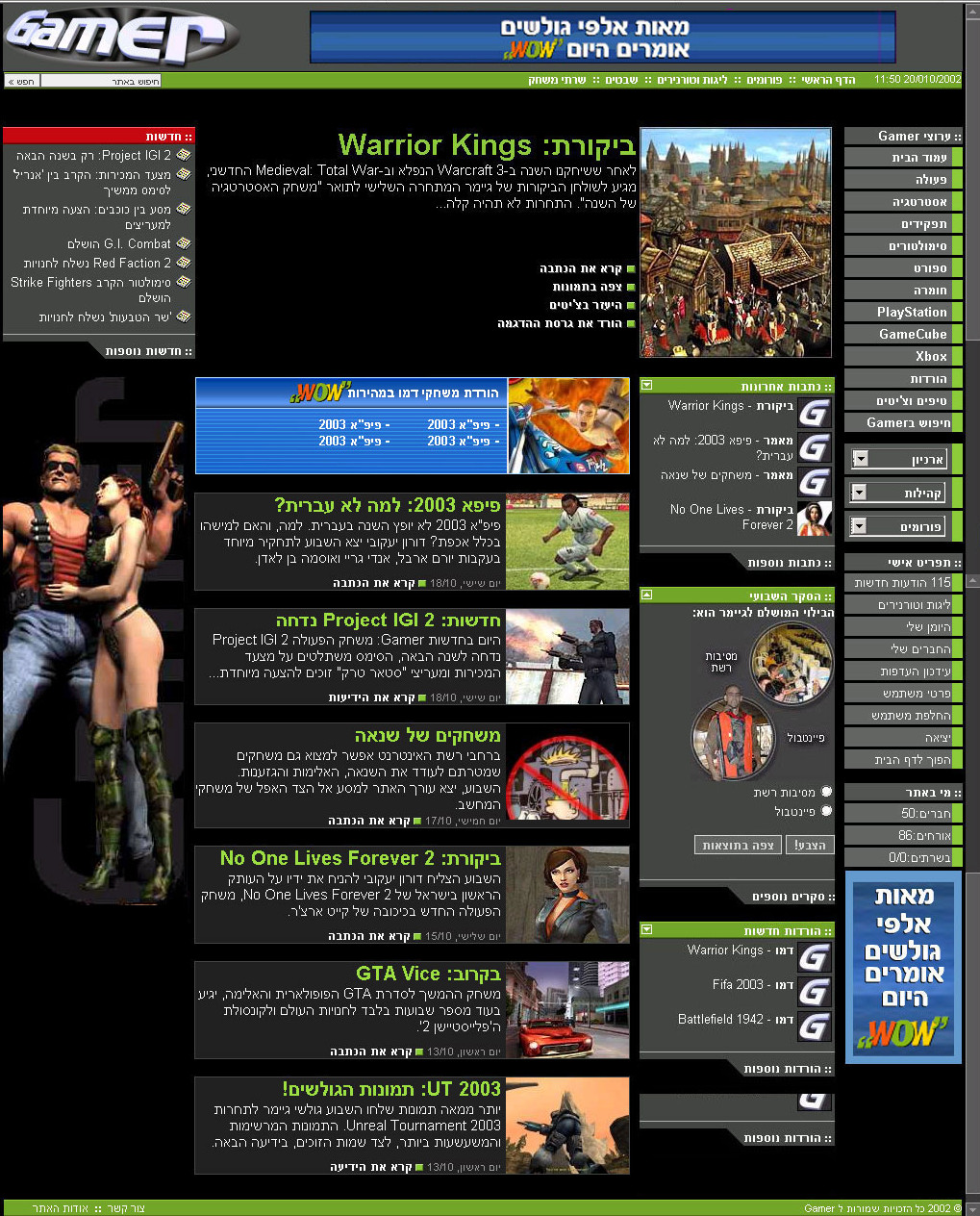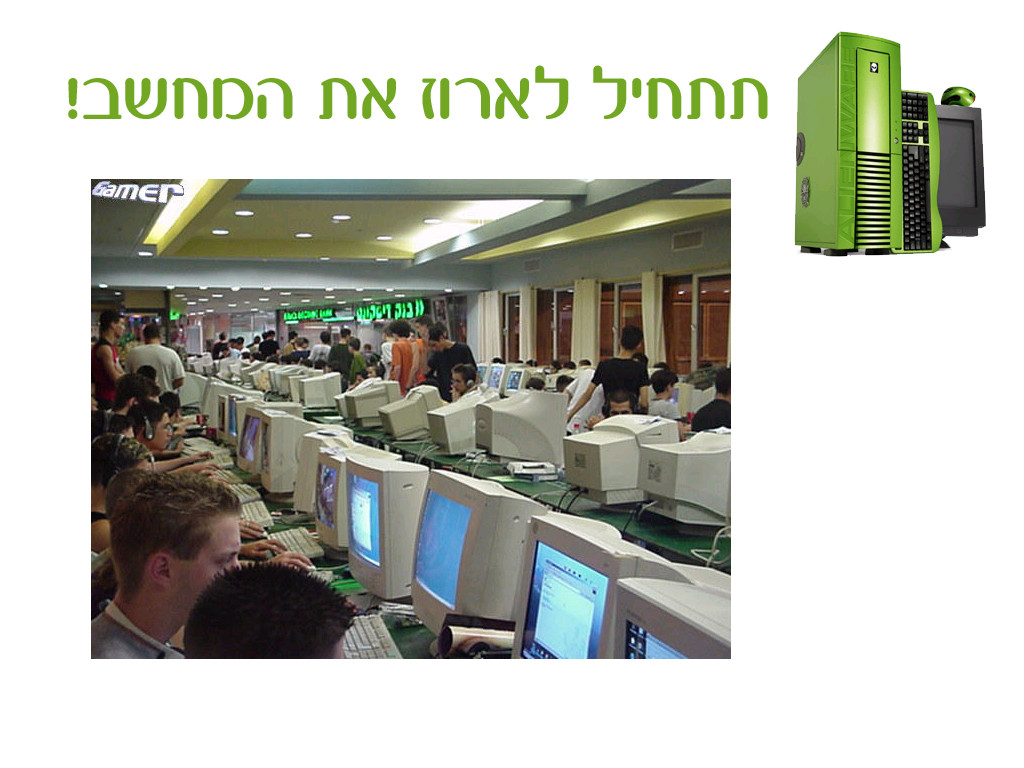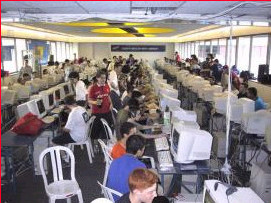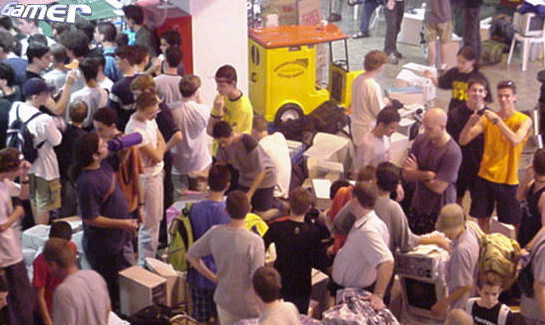
Jonathan Dortheimer
Researcher, Educator, and Architect

About
Hello, I am Jonathan Dortheimer.
I teach at the School of Architecture at Ariel University, and lead the Artificial Intelligence in Architecture Laboratory (AAIRL), which investigates the interface between artificial intelligence and design. I am also a guest scholar at the Chair of Architectural Informatics at the School of Design and Engineering at the Technical University of Munich.
Over the years, I had excellent teachers who inspired me, and I am grateful for their guidance. I was a postdoctoral student at the Technion-Israel Institute of Technology and at Cornell-Tech in New York, where I worked in the MTRL and FAR Labs under the guidance of Prof. Aaron Sprecher and Prof. Wendy Ju. I received my PhD from Tel Aviv University in 2021 under the guidance of Prof. Eran Neuman and Prof. Tova Milo. In addition, I have a master's degree (MA) under the guidance of Prof. Talia Margalit and a bachelor's degree in architecture from Tel Aviv University.
Research
My research focuses on developing new computing methods to enhance the design capabilities of architectural teams and decision-makers. My research interests include artificial intelligence, human-computer interaction, digital design, and collaborative design. I have developed the world's first chatbot for effective public participation in urban planning, which assisted in the strategic planning of the metropolis of Bogotá in Colombia and urban renewal in Israel at a neighborhood scale. In addition, in my dissertation, I developed a method for architectural planning that allows the participation of many architects simultaneously with the community in a way that leads to consensus in the design.
The chatbot research won first place in an international competition for smart cities, and other projects won grants from the Ministry of Science and funding from industry in Israel.
AI-Driven Participatory and Democratic Design
I focus on the exciting blend of computer technology and collaborative design in creating our physical spaces, all guided by democratic values. My interest in this area began with the open-source movement, which inspired me to explore how we can create environments where collective intelligence thrives. I do this using computer-mediated interactions and the innovative potential of generative AI.
Reaserch Papers
Stephen Yang, Jonathan Dortheimer, Aaron Sprecher, Qian Yang (2024). When design workshops meet chatbots: Meaningful participation at scale?. Journal of Architectural Computing
Jonathan Dortheimer, Nik Martelaro, Aaron Sprecher, Gerhard Schubert (2024). Evaluating Large-Language-Model Chatbots to Engage Communities in Large-Scale Design Projects. Artificial Intelligence for Engineering Design, Analysis and Manufacturing
Jonathan Dortheimer, Stephen Yang, Qian Yang, Aaron Sprecher (2023). Conceptual Architectural Design at Scale: A Case Study of Community Participation Using Crowdsourcing. Buildings
Jonathan Dortheimer (2022). Collective Intelligence in Design Crowdsourcing. Mathematics
Jonathan Dortheimer, Nikolas Martelaro, Gerhard Schubert, Aaron Sprecher (2022). CHATBOTS IN THE DESIGN PROCESS - Automating Design Conversation in Urban Design Projects. Design Computing and Cognition 2022 conference
Jonathan Dortheimer (2021). A Crowdsourcing Method for Architecture: Towards a Collaborative and Participatory Architectural Design Praxis. Doctor of Philosophy dissertation, Tel Aviv University
Jonathan Dortheimer, Eran Neuman, Tova Milo (2020). A Novel Crowdsourcing-based Approach for Collaborative Architectural Design. Proceedings of the 38th International Conference on Education and Research in Computer Aided Architectural Design in Europe (eCAADe) [Volume 2]
Jonathan Dortheimer, Talia Margalit (2020). Open source architecture and questions of intellectual property tacit knowledge and liability. Journal of Architecture
Jonathan Dortheimer (2016). Open Source Architecture: Challenges and opportunities. Master thesis, Tel Aviv University
AI for Urban Analytics, Prediction, and Design
Cities present a significant design challenge for humanity. Creating sustainable cities in terms of social, environmental, and cultural aspects is crucial as they become crowded and grow.
Reaserch Papers
Haya Brama, Agata Dalach, Tal Grinshpoun, Jonathan Dortheimer (2024). Towards a Robust Evaluation Framework for Generative Urban Design. Data-Driven Intelligence - Proceedings of the 42nd Conference on Education and Research in Computer Aided Architectural Design in Europe (eCAADe 2024)
Jonathan Dortheimer, Gerhard Schubert, Agata Dalach, Lielle Joy Brenner, Nikolas Martelaro (2023). Think AI-side the Box! Exploring the Usability of Text-to-Image Generators for Architecture Students. Digital Design Reconsidered - Proceedings of the 41st Conference on Education and Research in Computer Aided Architectural Design in Europe (eCAADe 2023) - Volume 2
Anna Boim, Jonathan Dortheimer, Aaron Sprecher (2022). A Machine-Learning Approach to Urban Design Interventions In Non-Planned Settlements. POST-CARBON - Proceedings of the 27th CAADRIA Conference
Other Research
I am also interested in virtual reality (VR), urban studies, and smart cities.
Reaserch Papers
Eytan Mann, Jonathan Dortheimer, Alona Nitzan-Shiftan, Aaron Sprecher (2023). OF STONES AND WORDS: Computational Framework for Multifaceted Historical Narration of Wadi Salib. Digital Design Reconsidered - Proceedings of the 41st Conference on Education and Research in Computer Aided Architectural Design in Europe (eCAADe 2023) - Volume 2
Eytan Mann, Jonathan Dortheimer, Aaron Sprecher (2022). Toward a Generative Pipeline for an AR Tour of Contested Heritage Sites. 2022 IEEE International Conference on Artificial Intelligence and Virtual Reality (AIVR)
Teaching
I teach at the School of Architecture at Ariel University. Previously, I taught at the Technion - Israel Institute of Technology and Tel Aviv University.
Current
- Final Architecture Project, B.Arch. studio
- Tools for evaluating environmental, social, and health performance for sustainable development, M.Sc. course (With Dr. Francesco De Luka)
- Advanced research methods, M.Sc. course
- Accademic skills, B.Arch. course
Past
- Introduction to Programming Javascript for Arts, B.A. course
- Artificial Intelligence in Architecture, B.Arch. workshop
- Architectural Crowdsourcing, B.Arch. workshop
- Digital Architecture, B.Arch. studio
Software
I have been a founding partner in several start-up companies. I co-founded the first social network and the first gaming site in Israel, the "Meirim" website, which promotes design democracy. Most of my ventures have become milestones in the history of the Israeli Internet and have won various awards.
Participatory Design Chatbot
I developed the first participatory design chatbot powered by a large language model. This award-winning software helps expand participatory design processes to an urban scale. It enables community members to share their needs and opinions using natural language through an engaging interface. The chatbot is highly useful, fun, and efficient in bringing community ideas to decision-makers.
Meirim
Meirim is an award-winning project dedicated to enhancing democracy in urban planning by gathering and sharing new urban plans online. The project was founded by Eyal Migdalovich, Prof. Talia Margalit and me in 2017. Meirim is a non-profit organization comprising professionals and social activists from planning, construction, environmental, and technology. Meirim makes planning information accessible, aiming to boost transparency and public involvement in the planning process.
Media coverage: Shani Rachel Pomes, Why is it so hard to know what is being built for us near the house? Ynet, Esther Zanberg, What to do against abusive construction plans. Haaretz, Hadas Tzur, Objections and justifications in the planning system. Urbanology.
CTwiz
CTWiz was an innovative Israeli startup aimed to revolutionize the real estate market with a unique big data approach. Founded in 2015 by Dr. Tom Shaked and me, the platform offered users a more innovative way to search for properties by comparing prices and features with individual purchasing capabilities. CTWiz provided a comprehensive view of potential deals, factoring in property size, location, and past transactions alongside personal financial data like equity and mortgage capacity. With a user-friendly interface and advanced features like an investment wizard, CTWiz empowered buyers and renters with professional insights, making real estate decisions more informed and accessible.
Media coverage: Ariel Shapira, The most important decision in your life. People and Computers. Yaniv Avital, Not only the number of rooms: in CTwiz you will find the apartment that is also the most affordable for you. GeekTime.
Photoparty
I led the development of an innovative social photo-sharing application that leveraged Intel's Common Communication Framework (CCF) for seamless device-to-device communication. I worked on the project with my partner, Asaf Gendler, and the team that included Josh Liberty, Ronen Mizrachi, and the ITcraft iOS, Android, and Windows teams.
Supported by Intel, this project broke new ground by establishing a local mesh network, allowing devices to synchronize independently of the internet or cloud storage. Although the app demonstrated exceptional functionality, it was ultimately not released due to Intel discontinuing CCF support.
This project underscored the transformative potential of mesh networks. I am particularly fascinated by the ability to create resilient urban communication systems that can endure physical disruptions.
Fanzila
Fanzila was a Tel Aviv-based company that specialized in developing a social apps platform designed to enhance and upgrade Facebook pages.
Fanzila's platform functioned as a comprehensive content management system that allowed users to easily integrate various applications directly onto Facebook pages. These applications included blogs, forums, competitions, wikis, videos, and photos, among others. The platform also provided page administrators with sophisticated business intelligence tools and advanced analytics to better understand and engage with their audience.
The company had a global presence, with offices in the United States, United Kingdom, Germany, Australia, and India. Its client roster included high-profile names such as MTV, Viacom, JWT, Y&R, and other prominent agencies and brands.
The company had secured venture capital funding by Blumberg Capital, Dr. Yossi Vardi, Shlomo Nechama, and the Haaretz Newspaper Group.
Media coverage: Finsmes, Fanzila Raises $1M in Series A Funding. Finsmes.. Nadav Dopman-Gur, Israeli Fanzila completes a millior dollar investment round. Harel Eilam, The new Facebook clothes: The companies that upgrade advertisers on the social network. Calcalist. Shlomo Piotrkowski, New Facebook app – "Trempbook". Arutz 7.
Gamer.co.il
In the late 1990s, Israel witnessed the birth of its first dedicated computer games website, initially known as PC-Action. This pioneering website was renamed "Gamer" and quickly became a hub for gamers, offering game reviews, downloads, cheat codes, game servers, and, most notably, a forum that facilitated one of the largest online communities in the country.
The term "gamer," now ubiquitous, was not yet coined in Hebrew when it launched. At the time, gamers were called "computer players." The website Gamer played a significant role in popularizing the term "gamer" within Israel, as the "computer players" began identifying themselves as "gamers."
By 2002, Gamer boasted a team of over ten journalists and more than 40 community managers, with its users generating over 9,000 pieces of content daily—a remarkable feat for the time.
Gamer's influence extended beyond the digital realm as it organized large-scale LAN parties in collaboration with community leaders. These events, held in some of Israel's most prominent venues, hosted national gaming championships, with winners going on to represent Israel in the World Cyber Games.
Eventually, Gamer was sold to Hed Arzi and Netvision. However, due to mismanagement and the subsequent sale of Nana to Channel 10, the website ceased operations. Despite its closure, Gamer's legacy as a trailblazer in Israel's gaming culture remains significant. The vibrant community and forums laid the groundwork for creating Dex, Israel's first social network, in 2005.
Recognition: Time travel: 20 years of Israeli Internet: Gamer.co.il
Media: Yuval Dror, Netvision enters competition in the online gaming market. Haaretz.
Get in touch
If you scrolled until here, why no send me a message?
-
Email
jonathand@ariel.ac.il
jonathan@dortheimer.com -
Phone
+972 (54) 457-7442 -
Address
Architectural AI Research Laboratory
Room 03.3.55
School of Architecture
Ariel University, Ariel
Israel
